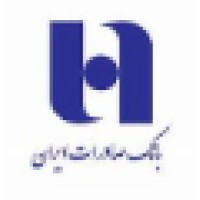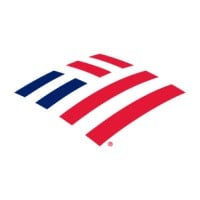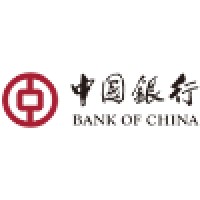Company Cyber Security Posture
NANA
NA Company Details
NA
NA
NA
NA
NA
NA
Scan still pending
NA
NA
Between 200 and 800
This score is AI-generated and less favored by cyber insurers, who prefer the TPRM score.
 NA Global Score
NA Global Score.png)

Company Scoring based on AI Models
| Model Name | Date | Description | Current Score Difference | Score |
|---|---|---|---|---|
| AVERAGE-Industry | 03-12-2025 | This score represents the average cybersecurity rating of companies already scanned within the same industry. It provides a benchmark to compare an individual company's security posture against its industry peers. | N/A | Between 200 and 800 |
Company Cyber Security News & History
| Entity | Type | Severity | Impact | Seen | Url ID | Details | View |
|---|
Company Subsidiaries

NA
Access Data Using Our API

Get company history
.png)
NA Cyber Security News
Advising Bank Pekao S.A. on landmark EUR500 million senior non-preferred notes issuance
A&O Shearman advised Bank Polska Kasa Opieki S.A. (Bank Pekao) on its successful issuance of EUR 500 million 3.750 per cent.
NoName Ups Cyber Attack On Spain At The Eve Of Elections
NoName has upped the cyber attack on Spain. Compounding the severity of the situation, the attacks coincided with the Spain elections day.
UniCredit Nears Sale of Partial Stake in Poland’s Bank Pekao
The central bank's key interest rate is below the level at which it neither stimulates nor restricts growth, while underlying inflation is set ...
The Raiffeisen Bank Cyber Attack Claimed By NoName Group
“We shut down the website of the Polish branch of Raiffeisen Bank,” the post of the NoName hacker group claimed. Raiffeisen Bank cyber attack. Pro- ...

NA Similar Companies

Bank of Ireland
Welcome to Bank of Ireland on LinkedIn. We're here to keep you up to date on our latest news and to provide useful information and guidance to support your financial needs. A leading Irish bank, we offer a wide range of financial products including savings, loans, mortgages and deposit accounts.

Banco Sabadell
Banco Sabadell es el cuarto grupo bancario privado español, integrado por diferentes bancos, marcas, sociedades filiales y sociedades participadas que abarcan todos los ámbitos del negocio financiero bajo un denominador común: profesionalidad y calidad. Un equipo humano joven y bien preparado, do

Bank Saderat Iran
As a private bank , BSI was established in 1952 . with around 3000 active branches , BSI runs the largest banking network in Iran . In 2000 , BSI started offering electronic online services , and now pioneers in the number of online branches ATM . machines , and point of sale terminals with remarkab

Janalakshmi Financial Services
Jana Small Finance Bank’s vision is to be the leading digitized bank serving all customer segments and communities of an aspirational India. The bank commenced operations on 28, March 2018. In 2017, Jana was also featured in ‘Fortune - The Top 500’ largest corporations in India and was recently aw

Bank of America
Bank of America is one of the world's largest financial institutions, serving individuals, small- and middle-market businesses and large corporations with a full range of banking, investing, asset management and other financial and risk management products and services. The company serves approximat

Bank of China
Bank of China, include BOC Hong Kong, BOC International, BOCG Insurance and other financial institutions, providing a comprehensive range of high-quality financial services to individual and corporate customers as well as financial institutions worldwide. Over the past century, Bank of China pla

Frequently Asked Questions
Explore insights on cybersecurity incidents, risk posture, and Rankiteo's assessments.
NA CyberSecurity History Information
How many cyber incidents has NA faced?
Total Incidents: According to Rankiteo, NA has faced 0 incidents in the past.
What types of cybersecurity incidents have occurred at NA?
Incident Types: The types of cybersecurity incidents that have occurred include .
Additional Questions
What Do We Measure?
















Every week, Rankiteo analyzes billions of signals to give organizations a sharper, faster view of emerging risks. With deeper, more actionable intelligence at their fingertips, security teams can outpace threat actors, respond instantly to Zero-Day attacks, and dramatically shrink their risk exposure window.
These are some of the factors we use to calculate the overall score:
Identify exposed access points, detect misconfigured SSL certificates, and uncover vulnerabilities across the network infrastructure.
Gain visibility into the software components used within an organization to detect vulnerabilities, manage risk, and ensure supply chain security.
Monitor and manage all IT assets and their configurations to ensure accurate, real-time visibility across the company's technology environment.
Leverage real-time insights on active threats, malware campaigns, and emerging vulnerabilities to proactively defend against evolving cyberattacks.




